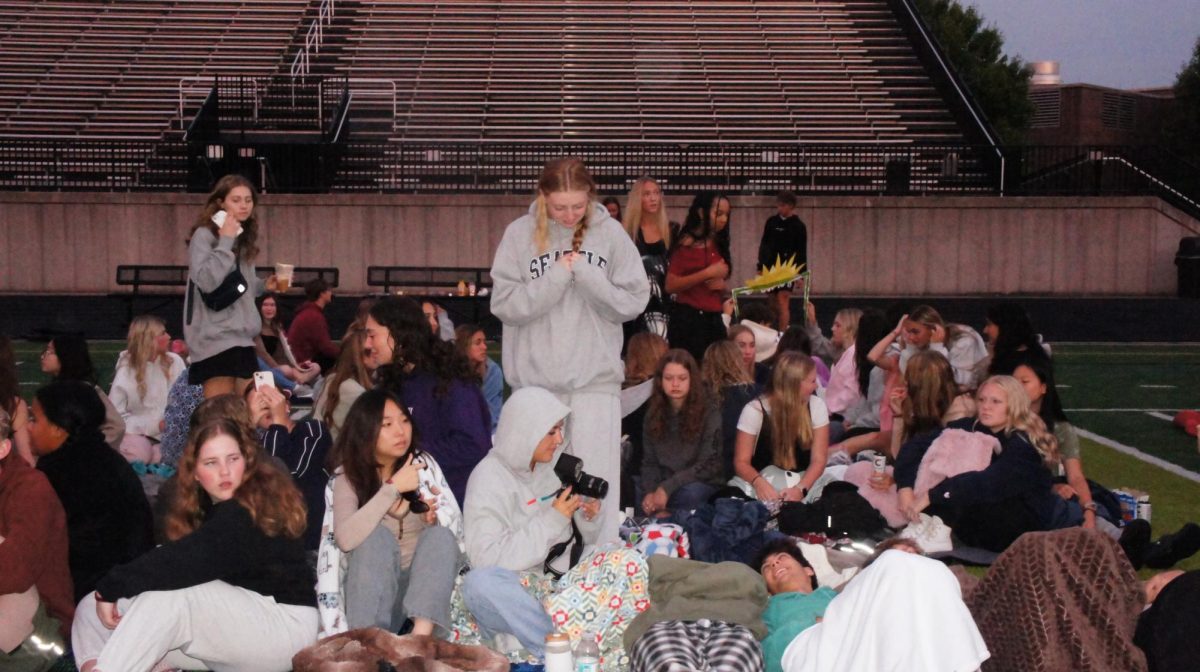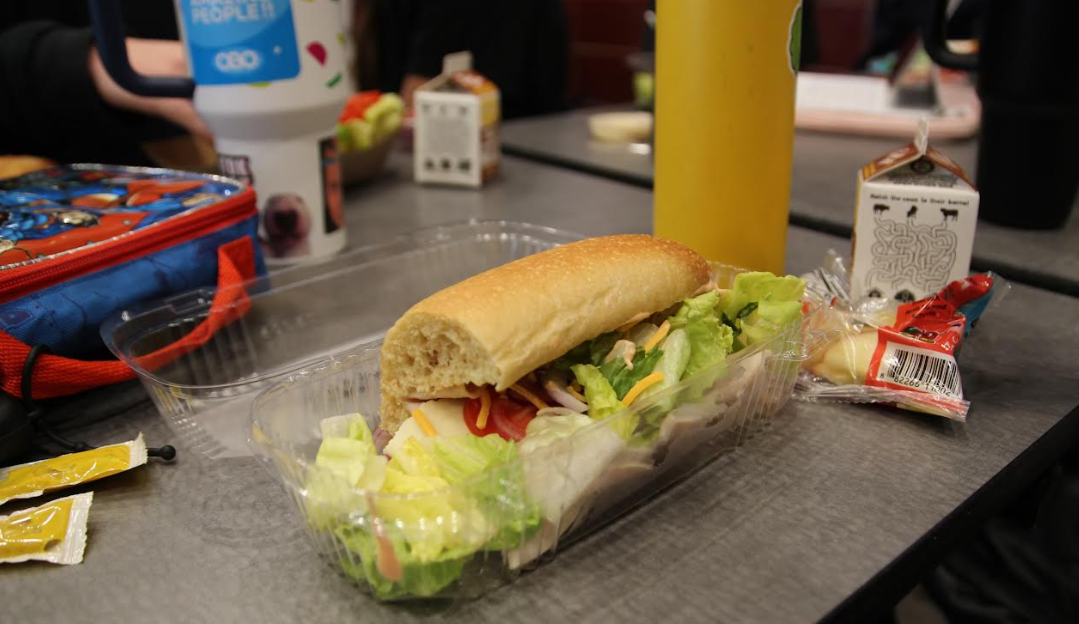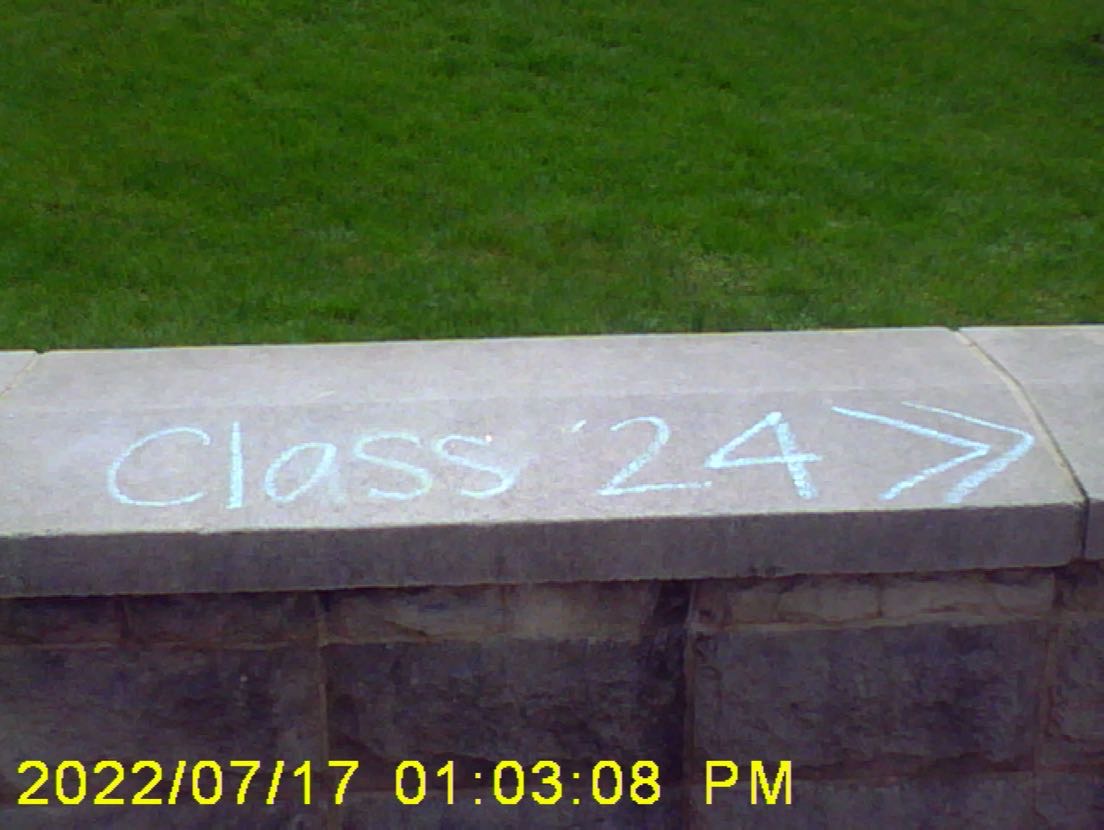This semester, our school introduced a pilot program for the new SmartPass system, which will remain in place throughout the 2025 academic year. Designed to streamline hallway traffic and enforce order, SmartPass draws praise and criticism from students and teachers. While the system aims to address logistical concerns, it also raises troubling issues about trust, surveillance, and autonomy.
The SmartPass system limits hallway access to three male and three female students per hall at any given time. Administrators argue that this policy aims “to minimize disruptions,” maintain order, and ensure “student safety and security,” as Mrs. Pallo stated in her email to the school on January 8th, 2025. One of the primary reasons for implementing the SmartPass system is to locate students during emergencies, such as gas leaks or active shooter situations. By keeping track of which students are out of their classrooms, administrators can quickly find them and ensure their safety. However, far from “simplifying” school operations, SmartPass has added layers of complexity and frustration for both students and staff. Many feel the system creates unnecessary hurdles, leading to delays and confusion rather than improving efficacy and security.
The process of obtaining a pass requires students to open their laptops, navigate multiple loading screens, and wait for the system to process—losing valuable class time in the process. Many students express frustration with the cumbersome steps involved in addressing their immediate needs. Senior Nate Kozlowicz remarked, “Requiring teachers to write passes regularly slows down class time and creates a dependence on technology.” Teachers also share concerns, noting how the program disrupts their ability to manage instruction. Ms. Sara Brasic observed, “This new system will fundamentally change how I manage students,” emphasizing the additional time and effort required to enforce these procedures.
Beneath these logistical complaints lies a more significant concern: the erosion of trust. High school is a critical period for students to develop independence and learn to manage their responsibilities. The SmartPass system, however, sends the message that the administration cannot trust students to make reasonable decisions about their time and movements. The system notifies the entire school once someone creates a pass, effectively broadcasting a student’s restroom trip to all faculty, including staff outside the student’s respective hall. For many, this feels like an unnecessary invasion of privacy—akin to sharing one’s “place of business” with the entire institution.
Principal Mrs. Pallo has defended the program, stating, “It is not our intention, never was our intention to track.” While this reassurance may be sincere, the school has inadvertently created an environment steeped in surveillance rather than trust by implementing this new technology designed to monitor student movement. Additionally, its design limits students’ ability to address basic human needs. The SmartPass manual states, “We can prevent two or more people from being in the hallway,” essentially restricting students’ access to the restroom or other necessary breaks. Even if tracking is not the stated intention, the capability is there, and so is the temptation to use it.
The system also imposes rigid limitations that fail to account for the realities of student life. With a strict cap on the number of students allowed in the hallways, those who need restroom breaks or moments to manage anxiety may find themselves unable to leave the classroom. Emergencies, too, are complicated by this inflexible structure, leaving students vulnerable to unnecessary distress. These rigid restrictions disproportionately affect the sexes in the process. SmartPass allots men and women five minutes. Women face needs that extend beyond the school’s current time enforcement, as one anonymous female student explained: “Imposing this restriction is unjust when women experience the challenges of menstrual cycles.” Rather than addressing concerns, these policies create barriers that might hinder students.
Perhaps the most troubling aspect of SmartPass is the precedent it sets. By implementing the pilot system as a tightly monitored framework, such as SmartPass, the administration perpetuates a culture of surveillance and micromanagement as acceptable standards. Educational institutions should prepare students to be responsible adults capable of making independent decisions, yet SmartPass reinforces the opposite lesson. Instead of fostering growth, it promotes submission to authority and conditions students to accept invasive oversight as a given.
Students do not overlook this shift toward surveillance over trust. Many have expressed frustration over the program, feeling that it treats them as liabilities rather than individuals capable of accountability. As Peter Mouw (’26) said, “We want trust, not constant oversight.” Another student who wanted to remain anonymous, concerned about repercussions from administrators for speaking out, said, “It’s a relationship built on distrust.” This shows that some have no faith in the administration within the school with this system. Their voices highlight a fundamental disconnect between administrative intent and student experience—a gap that continues to widen due to disregard for trust and autonomy.
Structure and discipline are necessary in any educational environment. Few would dispute the importance of maintaining order and safety. However, the administration must balance these goals with respect for students’ autonomy and dignity. SmartPass, as it currently operates, tips that balance too far toward control, undermining the very principles education seeks to instill.
As the pilot program unfolds, the administration faces a choice. It can double down on the current system and continue to justify its actions as mere convenience while perpetuating a culture of mistrust and overreach, or it can revisit its approach and work collaboratively with students and teachers to find solutions that maintain accountability. Policies that prioritize collaboration over control can build trust and mutual respect, while those rooted in surveillance only breed division. Schools should be places that cultivate independence and responsibility.

(More sigantures on other pages that are not featured). (Dylan Morse)





































Carson Tucker • Jan 14, 2025 at 1:18 pm
I connected with him about the loss of trust between students and teachers after the SmartPass was introduced, it has had a profound impact in the first week. Judge’s work is truly exquisite!